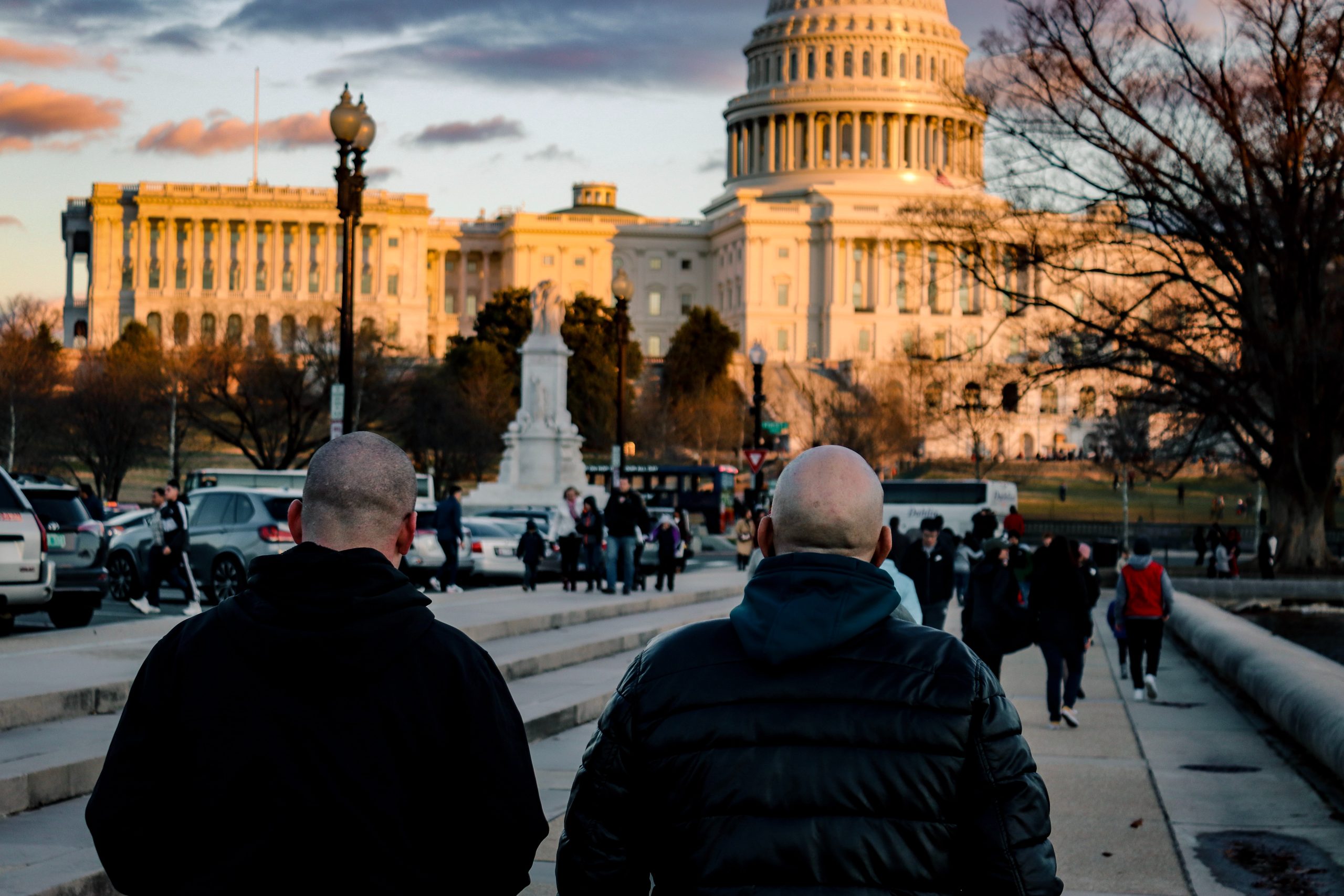The crafting of a single piece of legislation often involves many different individuals, departments, and organizations all working together towards the common goal of making laws that are fair and effective. One important element in this process are committees – groups of experts who specialize in specific policy areas and are tasked with reviewing proposed bills. But what exactly is the role of these committees? And how do they help shape the laws that govern our society? Join us as we explore the various functions and benefits of legislative committees, and learn why their input is essential to creating meaningful change.
The Purpose of a Committee
A committee is a group of people appointed to work on a particular task, such as drafting legislation. Committees can play an important role in crafting legislation, as they allow for different viewpoints to be heard and compromises can be made.
Committees can also help ensure that the final product is accurate and complete. They can also help to prevent bills from being rushed through the legislature without proper scrutiny. committees can also provide lawmakers with valuable insight into issues that may not be directly related to their area of expertise.
Types of Committees
There are a variety of types of committees in the United States Congress, each with its own purpose and makeup. The following is a summary of the most common types of committees and their purposes.
The Committee on Rules is responsible for setting the basic rules of procedure for the House of Representatives. It also has jurisdiction over contempt and impeachment proceedings.
The Committee on Appropriations is responsible for allocating funds to various federal departments and agencies. The committee typically has jurisdiction over all appropriations bills, including funding for defense and homeland security.
The Committee on Judiciary is responsible for reviewing proposed laws to ensure they adhere to the Constitution and US Code. The committee also has jurisdiction over impeachment proceedings.
The Committee on Science, Space, and Technology is responsible for overseeing NASA, the Department of Energy, and other scientific agencies. It also has jurisdiction over legislation related to the environment, space exploration, national security, and technology initiatives.
The Committee on Ways and Means is responsible for determining the overall budget levels for various federal programs. The committee also has jurisdiction over health care reform proposals and tax legislation.
Committees and Legislation
The role of committees in crafting legislation is critical. Committees are responsible for reviewing and providing feedback on bills before they come up for a vote. They also have the power to propose amendments to bills before they pass. Committees can play an important role in ensuring that legislation is effective and efficient.
The Role of Committees in the Legislative Process
The role of committees in the legislative process is essential to the success of any legislation. Committees are responsible for reviewing proposed legislation and making recommendations to the full chamber or house. This allows for a more thorough examination of the proposed law, and may result in changes that improve its chances of being passed.
Committees also play a key role in keeping legislators up-to-date on changes in their respective fields. They frequently hold hearings on important issues, and can present witnesses who can provide expert testimony on specific topics. This helps lawmakers to make informed decisions when voting on bills, and ensures that they are taking into account all available information before making a decision.
Conclusion
Committees play an important role in crafting legislation, and it is important for members of these committees to have the appropriate expertise. Members of the health committee should have knowledge about healthcare policy, members of the finance committee should know about financial issues, and so on. When committees are properly staffed with individuals who have the appropriate knowledge, they can create legislation that is effective and fair.









